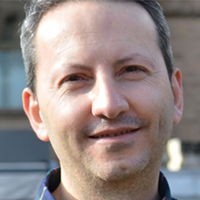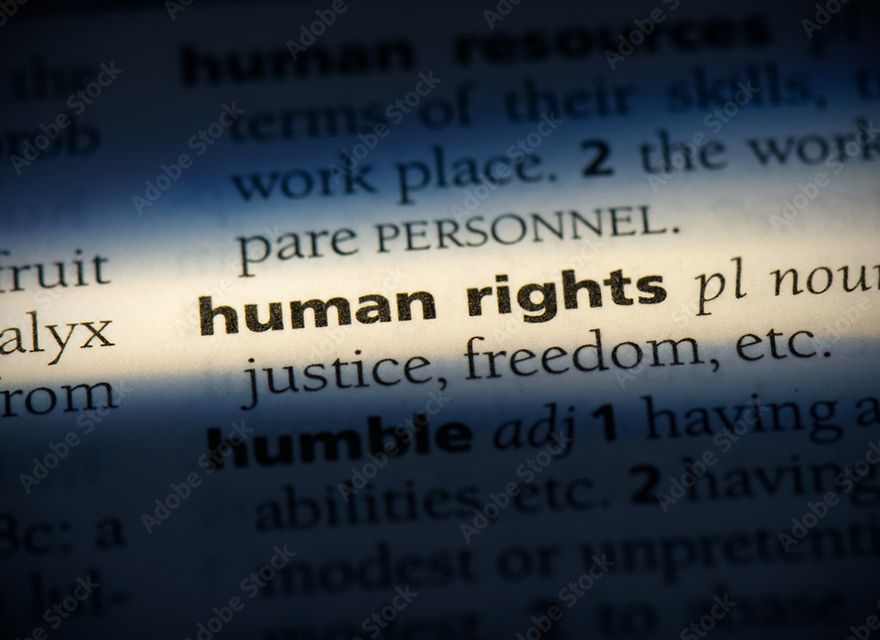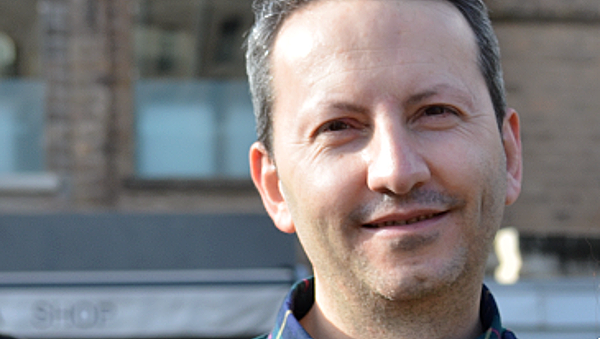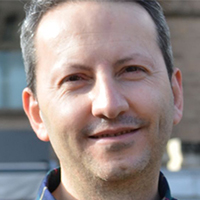I ett öppet brev uppmanar Akademiernas kommitté för mänskliga rättigheter Irans högste ledare att ingripa för att rädda den fängslade läkaren Ahmadreza Djalali, vars hälsa uppges vara allvarligt försämrad.

Den svensk-iranske läkaren och forskaren Ahmadreza Djalali har suttit fängslad i Iran sedan april 2016 och är dömd till döden efter en rättsprocess som kritiserats för bristande rättssäkerhet.
Akademiernas kommitté för mänskliga rättigheter, som har följt hans fall sedan gripandet, vädjar nu återigen i ett öppet brev till Irans högste ledare om att dödsdomen stoppas. Kommittén varnar för att hans hälsotillstånd är kritiskt och kräver att Djalali släpps fri och tillåts återförenas med sin familj i Sverige.
Brevet i sin helhet:
Stockholm 21 May 2025
Your Excellency,
We, the Human Rights Committee of Sweden’s Scientific and Literary Academies, write to respectfully request your urgent assistance regarding the situation of Dr Ahmadreza Djalali, an unjustly imprisoned Iranian-Swedish disaster medicine specialist whose already fragile health is reported to have deteriorated further in recent months.
As you are no doubt aware, Dr Djalali was arrested in April 2016 while visiting Iran, at the invitation of the University of Tehran and Shiraz University, to take part in a series of workshops about best practices in disaster medicine. In October 2017, following proceedings that failed to meet international due process standards, he was convicted of allegedly committing espionage for a hostile government and sentenced to death by Iran’s Revolutionary Court. Reliable reports indicate that Dr Djalali was coerced under extreme duress to make false confessions that were used as evidence in his prosecution. We further understand that the Supreme Court upheld the death sentence handed down to him in secret proceedings, denying him, his lawyer, and his family the opportunity to file documents in his defense.
According to reliable reports, Dr Djalali has been subjected to cruel and inhuman treatment during his lengthy incarceration that has included repeated threats of imminent execution, prolonged periods of solitary confinement, withholding of needed medical care, denial of access to family members in Iran and his lawyer, and irregular telephone calls with his wife and children, who live in Sweden. U.N. human rights experts have expressed concern about his severe physical and psychological ill-treatment in prison on numerous occasions.
Due in large part to his poor treatment, we understand that Dr Djalali suffers from a number of serious health complications—including bone and skin disease, gallbladder issues, nerve pain, and critical heart problems—for which he has been denied appropriate medical care. We further understand that his medical problems have made it difficult for him to eat, leading to dramatic weight loss and weakness.
In light of this critical situation, we respectfully request your help in ensuring that Dr Djalali’s death sentence is not carried out. We further ask that, in view of his dire ill-health, his already lengthy imprisonment, and the due process irregularities in his case, he be released from prison as a matter of urgency and allowed to return to his wife and children. In the interim, we ask that Dr Djalali be provided with all needed medical care. Thank you for your attention to this matter of utmost importance.
Respectfully yours,
Stefan Svallfors
Professor, Chairman of the Human Rights Committee of Sweden’s Scientific and Literary Academies
Akademiernas kommitté för mänskliga rättigheter består av representanter från Kungl. Vetenskapsakademien, Kungl. Vitterhets Historie och Antikvitets Akademien, Svenska Akademien och Sveriges unga akademi.


